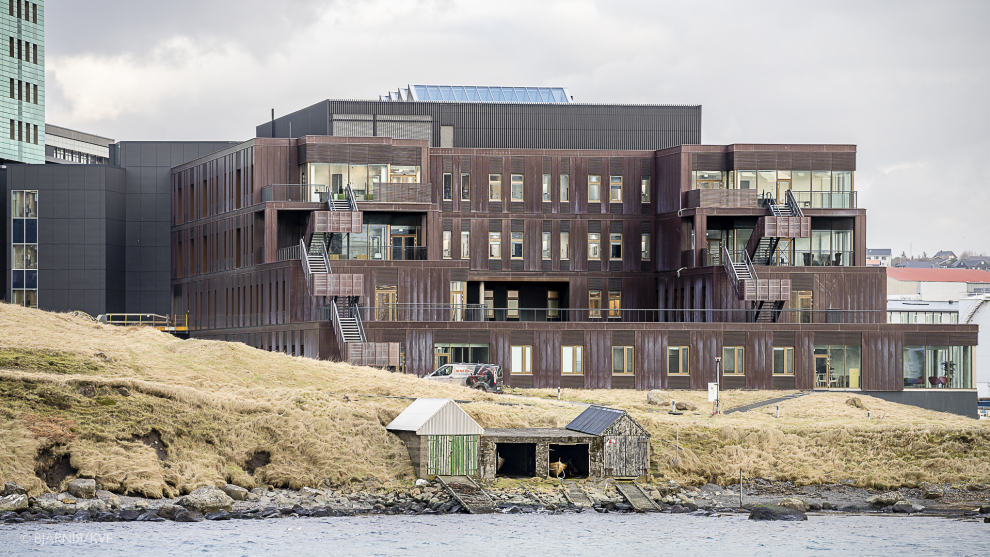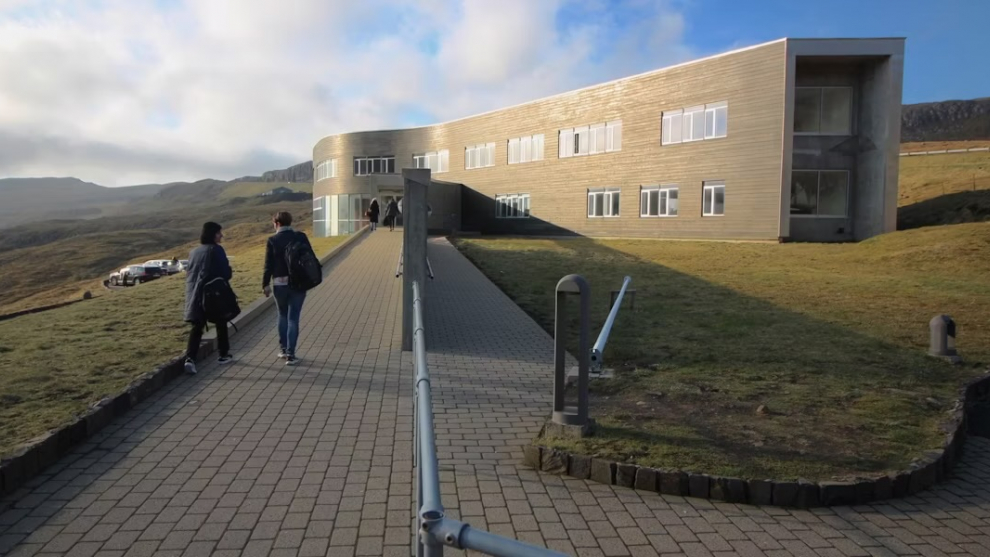- Tíðindi, mentan og ítróttur
Further COVID-19 cases “more likely now”

The government’s new guidelines for international travel will come into force on Monday.
Travellers from Denmark, Greenland, Iceland, Norway and Germany will be allowed to enter the Faroes provided they show a negative COVID-19 test result that’s no more than five days old.
But public health professor Pál Weihe, a central figure in the official corona consultancy service, has a few reservations about these new guidelines.
Added risk to old and vulnerable people
According to the new guidelines, Faroese residents returning home from abroad will not be required to show a test result.
“This means that any Faroese citizen can, in principle, go abroad and upon return go directly into an old people’s home to visit their grandparents,” he says.
“We have now dismantled our firewall, so to speak, significantly more than our neighbouring countries, and I fear that we may have taken our reopening measures too far with this move.”
Another potential problem with the new guidelines, he says, is that obtaining a test result that’s less than five days old is not as straightforward as some may think.
“You cannot just go to an office and request it like you would with a regular health certificate. These test results have a certain delivery time.”
An alternative method
The new guidelines conflict with his own proposal for an alternative to the 14-day self-quarantine requirement for incoming travellers.
A couple of weeks ago, he proposed a system in which all incoming passengers are tested on arrival with a follow-up test carried out six days later.
“We have the capacity to do this, and doing it this way would be sufficiently safe as long as everyone complies with the distancing and sanitary standards,” he says.
“But we have now opted for another strategy, one that increases the risk of the virus returning to our country, which is why we are working hard to strengthen the safety walls around our old and vulnerable citizens.”
Translated by prosa.fo



























